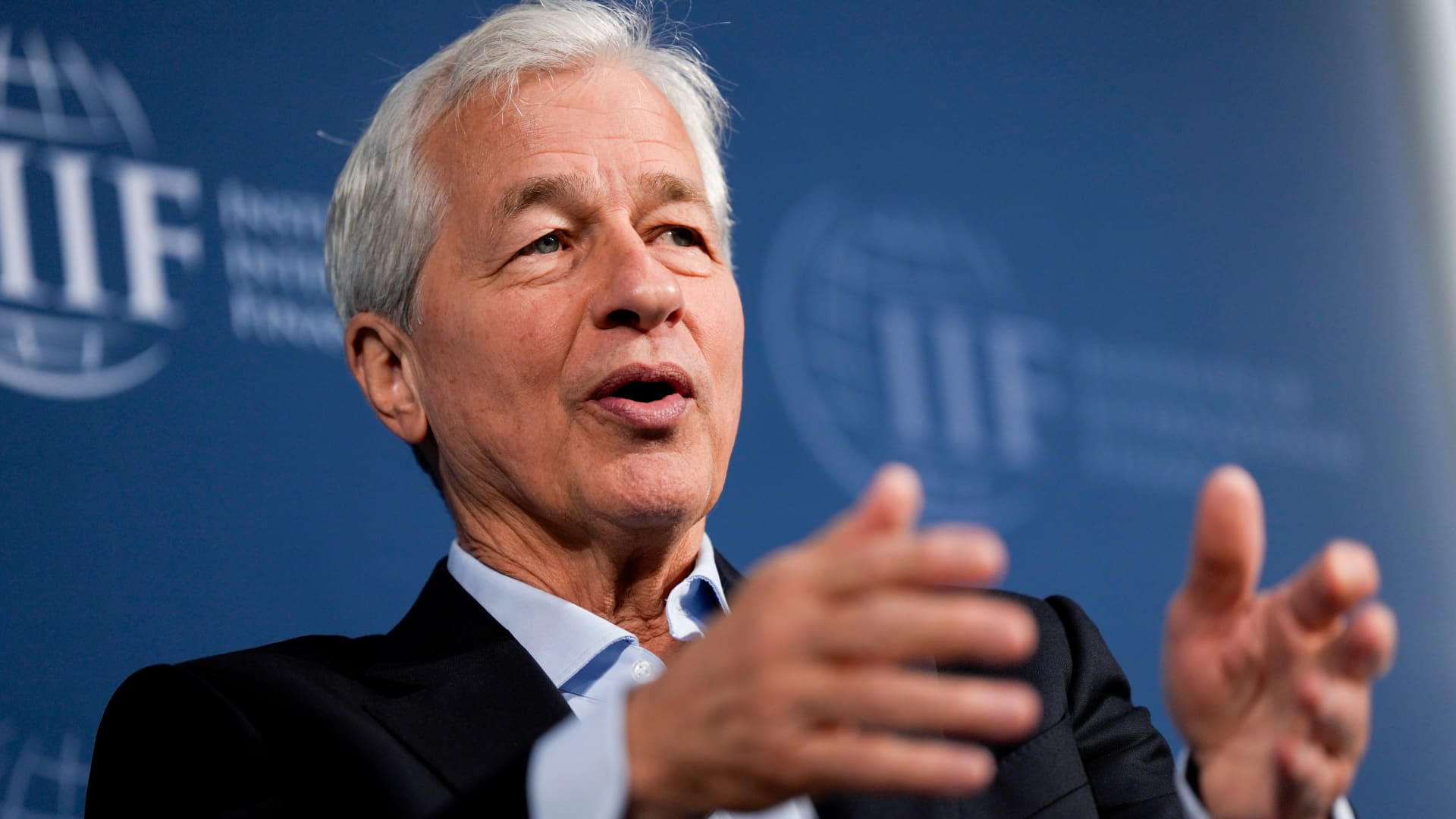The Data Tug-of-War: JPMorgan, Fintechs, and the Future of Open Banking
The Evolving Landscape of Financial Data
The financial industry is undergoing a seismic shift, driven by the convergence of traditional banking and innovative fintech solutions. This transformation is not just about technology; it’s about data—who owns it, who controls it, and how it is accessed. At the heart of this debate is JPMorgan Chase, the largest U.S. bank by assets, and its recent decision to impose fees on fintech companies accessing customer data. This move has ignited a fierce debate about the future of open banking, the role of intermediaries, and the balance between innovation and infrastructure costs.
The Burden of Data Access
JPMorgan’s argument centers on the “massive tax” that fintech intermediaries place on its systems. The bank contends that the high volume of data requests from fintech companies strains its infrastructure, requiring significant investments in APIs, security, and maintenance. This cost, according to JPMorgan, is unsustainable without some form of compensation.
The bank’s decision to implement fees is not just about recouping costs; it’s about redefining the relationship between traditional banks and fintech companies. By charging for data access, JPMorgan is asserting its control over a resource that fintech companies rely on to deliver their services. This move has raised concerns about the potential stifling of innovation and the creation of barriers to entry for smaller fintech firms.
The Fintech Perspective
Fintech companies, on the other hand, argue that the proposed fees could disrupt their business models and limit their ability to innovate. Many fintech startups operate on thin margins, and the additional costs could force them to raise prices or reduce services, ultimately affecting consumers.
Tyler Winklevoss, co-founder of the Gemini crypto exchange, has criticized JPMorgan’s move, suggesting that it is an attempt to consolidate control over the financial ecosystem. He argues that by charging fees for data access, JPMorgan is creating a walled garden that favors established players and limits competition.
The Open Banking Dilemma
The debate over data access fees is closely tied to the broader open banking movement. Open banking is built on the principle that consumers should have control over their financial data and be able to share it securely with third-party providers. By imposing fees, JPMorgan is effectively placing a tollbooth on the flow of data, which could undermine the principles of open banking and limit consumer choice.
The fintech industry is pushing back, with a coalition of fintech and crypto groups urging regulatory action to block the proposed fees. They argue that these fees threaten the open banking ecosystem and could disrupt the integration of stablecoins and other digital assets.
Security and Efficiency Concerns
JPMorgan defends its decision by emphasizing the importance of data security and system stability. The bank argues that by charging fees, it can incentivize fintechs to optimize their data requests, reducing the strain on its systems and improving overall security.
Furthermore, JPMorgan contends that the fees are necessary to ensure that the bank can continue to invest in its infrastructure and maintain the highest standards of data protection. In an era of increasing cyber threats and data breaches, these investments are crucial for safeguarding customer information.
The Path Forward
The dispute between JPMorgan and fintech companies highlights the growing tensions between traditional financial institutions and the rapidly evolving fintech sector. As fintech companies continue to disrupt the financial landscape, traditional banks are grappling with how to adapt and compete.
Finding a sustainable path forward requires a balanced approach that addresses the concerns of both banks and fintech companies. Potential solutions could include tiered pricing models based on data usage, standardized APIs to streamline data requests, and regulatory frameworks that promote fair competition and consumer protection.
Conclusion: A Crossroads for the Financial Industry
The debate surrounding JPMorgan’s data access fees is more than just a financial squabble; it represents a critical juncture in the evolution of the financial industry. As technology continues to reshape the way we manage our money, it is essential to foster a collaborative ecosystem that encourages innovation while ensuring data security, fair competition, and consumer choice. The decisions made today will have a profound impact on the future of finance, determining whether it is a landscape of open access and innovation or one dominated by walled gardens and entrenched interests. The tug-of-war over data is far from over, and the outcome will shape the financial landscape for years to come.











